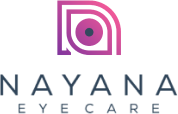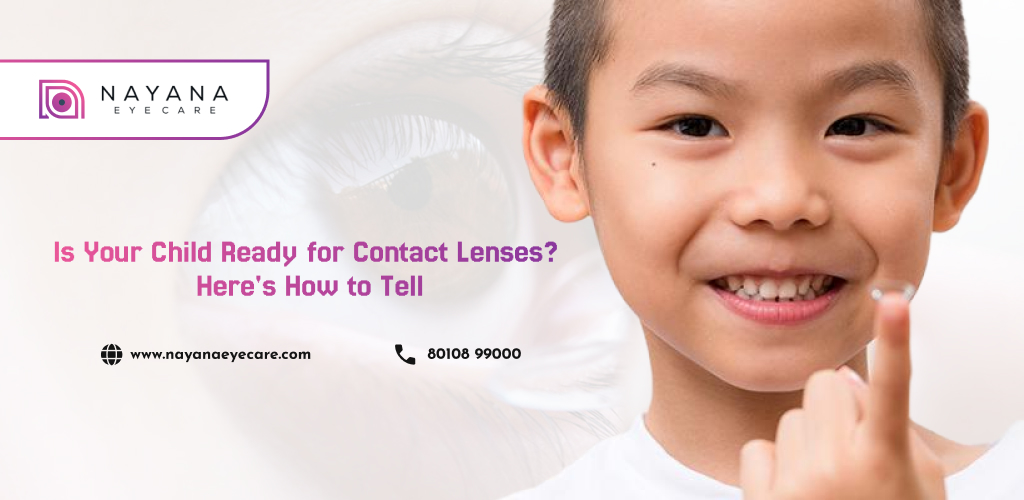As parents, knowing when your child is ready for contact lenses can be a bit of a challenge. If you’re wondering whether your kid is ready to take on the responsibility of caring for contact lenses, there’s one simple question to ask:
Does your child complete tasks like cleaning their room or making their bed without constant reminders?
If the answer is yes, your child may be ready for the responsibility of wearing contact lenses. Eye doctors have observed that children who show initiative in taking care of tasks are more likely to be responsible with their lenses. Typically, children above 8 years old are generally ready to manage contact lenses.
Advantages of Contact Lenses Over Glasses
While glasses are a popular option, contact lenses offer several benefits that may be worth considering for your child.
- Better Vision: Contact lenses often provide better visual clarity than glasses, especially with specific types of lenses like Rigid Gas Permeable (RGP) lenses, which can enhance vision quality for certain needs.
- Improved Side Vision: Unlike glasses, contact lenses don’t obstruct peripheral vision. This can be particularly beneficial for active children who participate in sports or other activities where side vision is important.
- Boosted Self-Esteem: Many children feel self-conscious about their glasses, worrying that they look different or might be teased. Contact lenses can help boost your child’s confidence by giving them a more natural look, which can positively impact their social life and school performance.
- Great for Active Kids: If your child plays sports, glasses can be a hassle. Even with impact-resistant lenses, glasses can break during activities, putting your child at risk of eye injury. Contact lenses offer greater stability, clearer vision, and less distraction during physical activities. Whether it’s a fast-paced game of soccer or basketball, contact lenses can improve their reaction time and overall performance.
Things to Keep in Mind: A Word of Caution
Before deciding if contact lenses are the right choice for your child, consider the following guidelines to ensure they stay safe and healthy:
- Personal Use Only: Never allow your child to share contact lenses with friends, as this can lead to infections and other eye issues.
- Avoid Unsafe Cleaning Methods: Remind your child to never clean or store contact lenses in saliva, homemade saline solution, or tap water. Always use the proper lens care solutions recommended by their eye doctor.
- For Teens: If your child is a teen, encourage them to use hypoallergenic makeup products or those specifically labeled “for contact lens users” to prevent irritation. Make sure they apply makeup after wearing their contact lenses.
Conclusion
If your child is responsible enough to care for their contact lenses and could benefit from the advantages they offer, contact lenses may be a great option for them. Always consult with an eye care professional to ensure that your child’s eyes are healthy and that they are ready for the responsibility of wearing lenses. Contact Us


